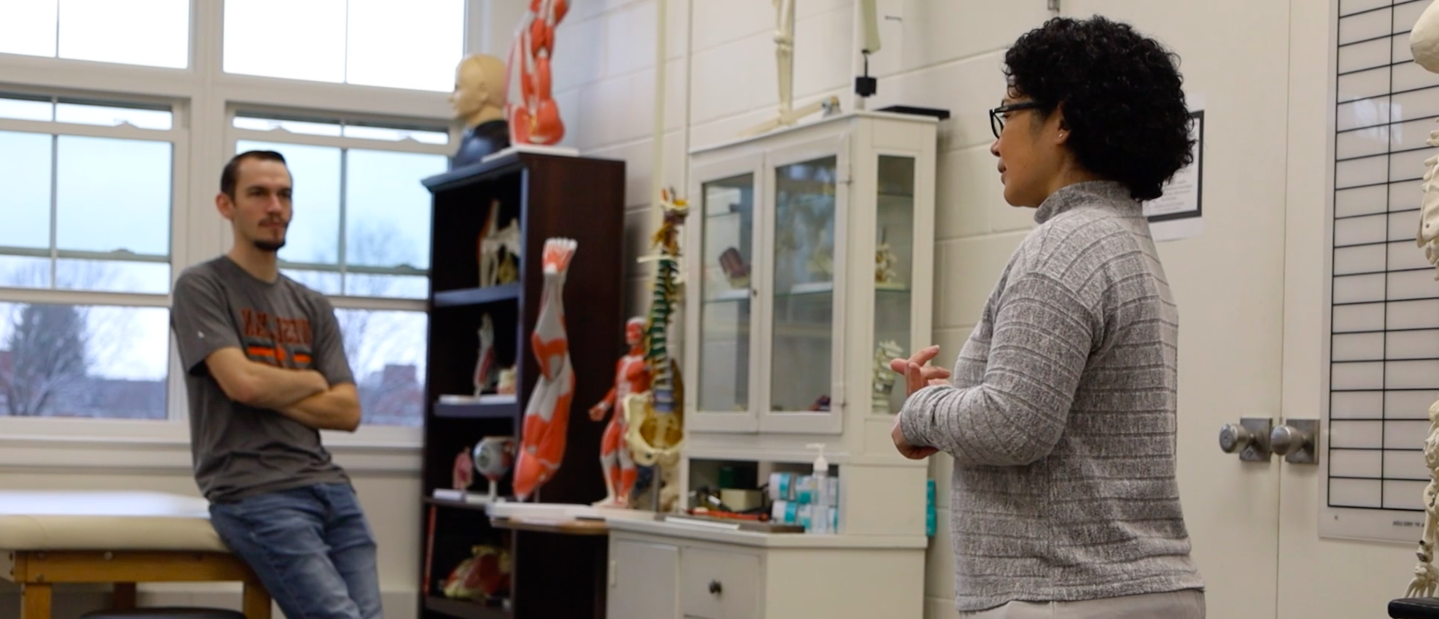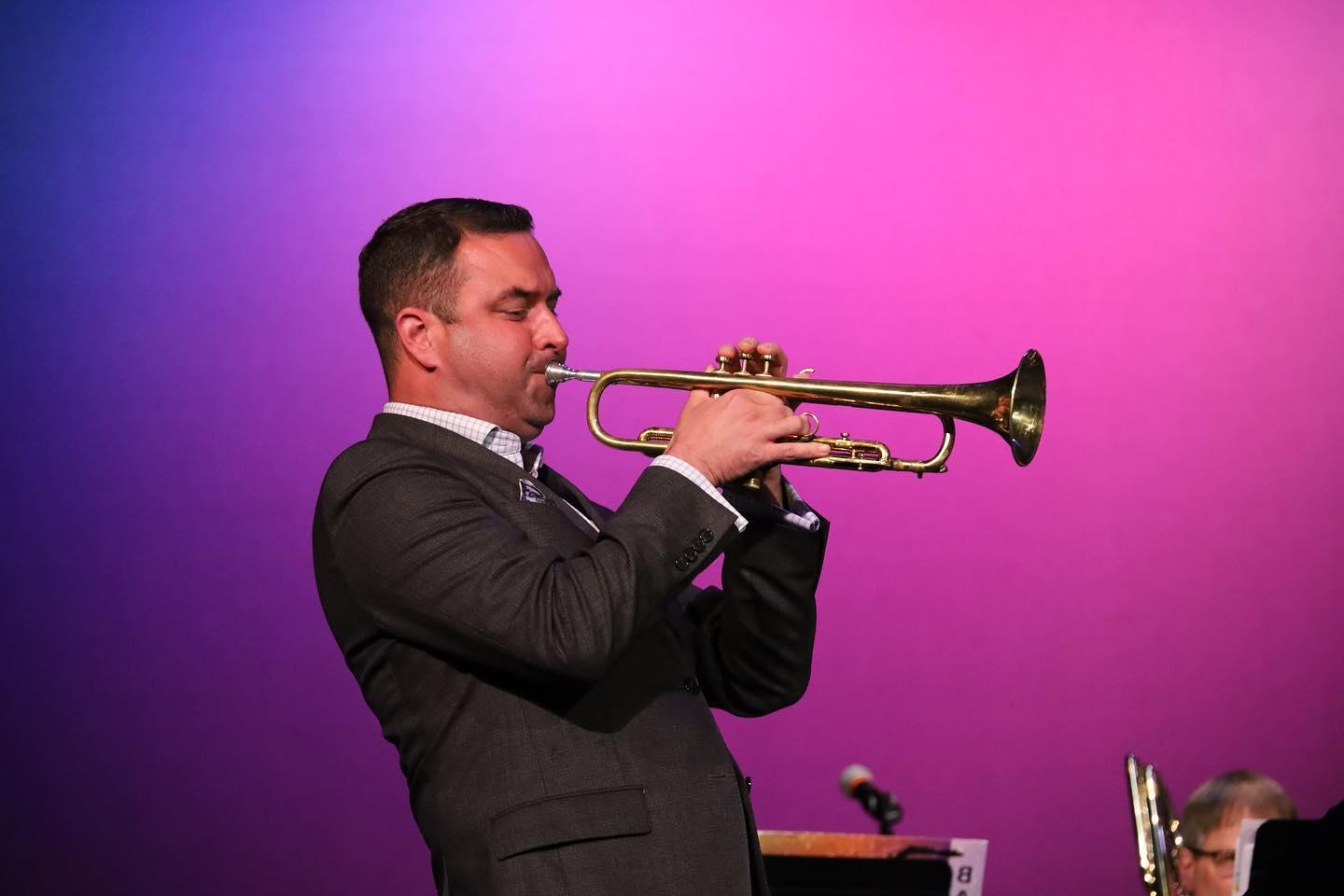Communication & Media
Colleges and Programs of Study
Why should you select a Communication/Media Communication major?
- The Communication major highlights how we make and interpret meaning through the design, delivery, and evaluation of messages as individuals, in media, and in various cultures and contexts.
- The Media Communication major emphasizes the role of media in our lives, as well as how to use media literacy skills and media production/broadcasting techniques to express our perspectives employing the use of media.
- Communication tops LinkedIn’s list of the most in-demand skills.
- The Bureau of Labor Statistics expects jobs to increase from 2022-2032 with higher wages than the median annual wage per The US Department of Labor.
- Communication graduates may work in professional fields such as private, non-profit, and government sectors as coordinators, writers, speakers, and managers.
- Media communication graduates may work in fields related to media, such as journalism, broadcasting, social media marketing and social media influencing.
- Visit HTTPS://WWW.NATCOM.ORG/ADVOCACY-PUBLIC-ENGAGEMENT/COMM-GRAD-SPOTLIGHTfor more careers that a Communication or Media Communication degree could lead to.
Why should I attend WVWC?
- Develop skills through hands-on experience on campus and through off campus internships to demonstrate what you learn
- Ability to dual major with another field of interest at WVWC
- Create a portfolio to share with graduate schools and future employers
- Our recent graduates have been accepted to graduate school with assistantships or acquired jobs in business and law offices, as a staff writer for a sports website and a television producer
What do students do in the Communication Department at WVWC?
- Become more effective message/content creators
- Craft news stories for The Pharos
- Become a DJ for C92 FM
- Create television broadcasts
- Present original research at Communication conventions to network with others in the Communication Discipline
Visit The Pharos (our newspaper) here: http://thepharosnet.org/
Listen to C92 FM (our radio station) here: http://c92.airtime.pro/
Explore our Communication Department videos here: http://www.youtube.com/watch?v=GmeP20DBqTU&list=UULFCNcVwzt8deQMkCuEI5xr5Q


Communication and Media Overview Video
Dr. Nancy Bressler
Associate Professor, Chair of Communication Department
Email: bressler.n@yilunjianshe.com
Dr. Alexis de Coning
Assistant Professor
Email: deconing.a@yilunjianshe.com
-
COMMUNICATION – B.A.
Students will:
1) Employ communication theories, principles, and concepts.
2) Construct messages appropriate to the audiences, purposes, and contexts.
3) Analyze messages utilizing critical thinking skills, media literacy skills, and self-efficacy.
4) Influence public discourse through well-reasoned oral and written arguments
-
MEDIA COMMUNICATION – B.A.
Students will:
1) Employ communication theories, principles, and concepts.
2) Construct messages appropriate to the audiences, purposes, and contexts.
3) Analyze messages utilizing critical thinking skills, media literacy skills, and self-efficacy.
4) Influence public discourse through well-reasoned oral and written arguments
-
COMMUNICATION
Students will:
1) Employ communication theories, principles, and concepts.
2) Construct messages appropriate to the audiences, purposes, and contexts.
3) Analyze messages utilizing critical thinking skills, media literacy skills, and self-efficacy.
4) Influence public discourse through well-reasoned oral and written arguments
-
BROADCASTING
1) Employ communication theories, principles, and concepts.
2) Construct messages appropriate to the audiences, purposes, and contexts.
3) Analyze messages utilizing critical thinking skills, media literacy skills, and self-efficacy.
4) Influence public discourse through well-reasoned oral and written arguments
Programs of Study
-
Art and Design

-
Biology & Environmental Science

-
Business

-
Chemistry & Biochemistry

-
Communication & Media

-
Education

-
English

-
Exercise Science & Athletic Training

-
Health Sciences

-
History and International Studies

-
Mathematics & Computer Science

-
Music

-
Nursing

-
Philosophy and Religious Studies

-
Physics & Engineering

-
Psychology

-
Social Sciences

-
Theatre and Dance Department


